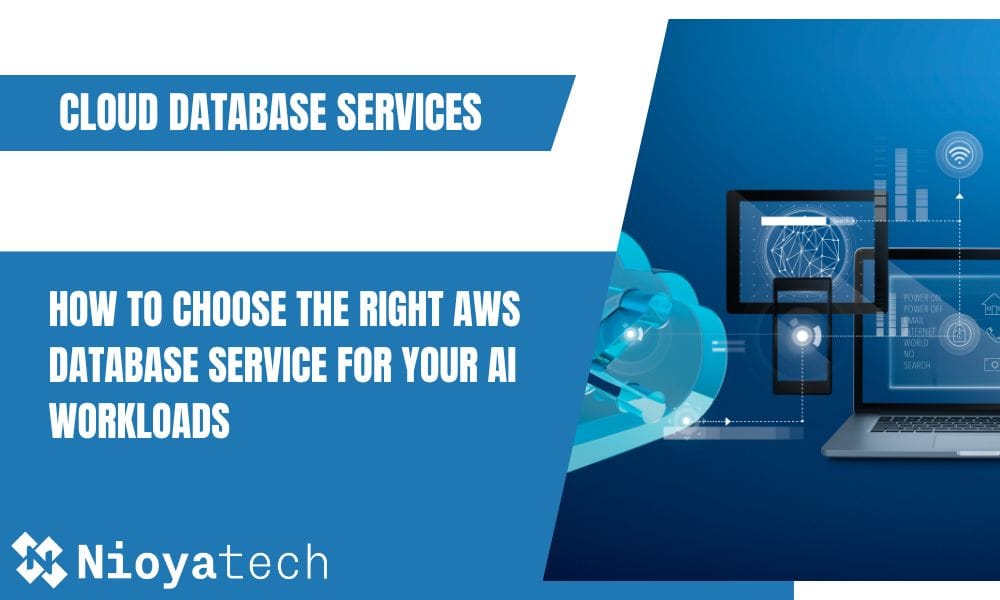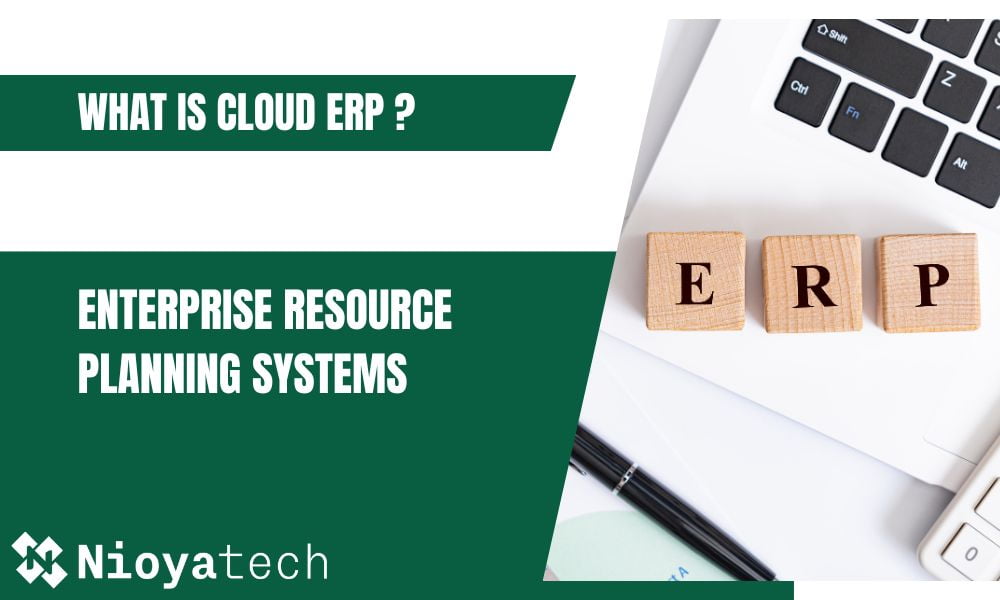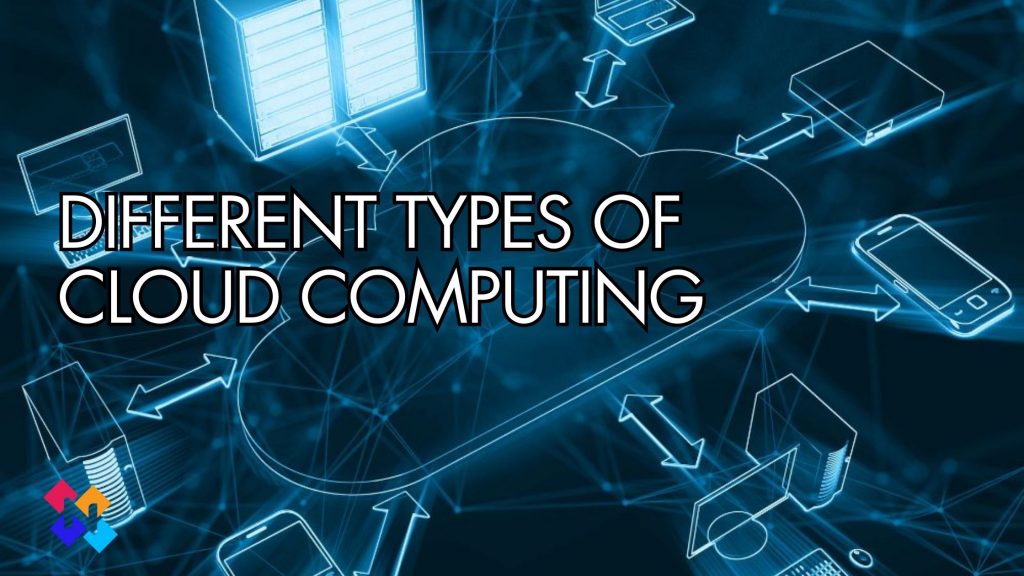ERP systems, or enterprise resource planning systems, are complex software frameworks made to coordinate and monitor every facet of an organization’s activities. ERPs act as a centralized repository and a harmonized hub of data.
ERP systems make it easy for information to be shared quickly across different parts of a business, allowing for smooth communication channels. First, let’s get to know what ERP systems are, and then examine the most popular ERP systems.
ERP Systems in Business, Why They are Important?
According to Gartner’s most recent prediction, global spending on information technology is expected to reach $4.6 trillion in 2023, up 5.5% from $2022. In 2023, the software market is expected to grow by double digits as businesses increase their use of, and reallocation of resources to, key applications and platforms that provide efficiency improvements like CRM and ERP systems.
ERP is used by businesses to keep track of their daily processes, such as accounting, purchasing, project management, risk management, and making sure they are in compliance with regulations. For example, Enterprise Performance Management software helps with financial planning, budgeting, forecasting, and reporting. It may be part of a full set of ERP tools.
The main job of the systems is to connect different business processes and make it easy for data to flow between them. By combining operational data from different sources, the systems get rid of duplicate data and make sure the data is correct by giving the company a “single version of the truth.”
How Do ERP Systems Work?
ERP systems have the flexibility to be used by different departments thanks to a central database. This dynamic database includes a wide variety of management and tracking functions. Through a centralized dashboard linked to the database, authorized personnel can access and interact with this digital environment. All components of the real-time information can be accessible anytime.
With real-time data from a single source, companies can more quickly figure out how to improve processes or where to put resources to make optimal use of funds and leave room for growth. No more files or putting together information from different business apps; it is all in the ERP interface and easy to find.
ERP systems can live both on-premises or in the cloud. Basically the usage looks the same but there are some differences between on-premises vs on cloud. The use of cloud-based ERP systems has become widespread in recent years, but this is a topic of another blog post.
The Best ERP Systems in 2023
In this section, we collected a list of the most popular ERP systems. Let’s explore them one by one:
SAP
SAP software is a leader among enterprise resource planning (ERP) systems, tailored in particular to the complex requirements of large enterprises. SAP offers a wide range of software solutions to address various aspects of business operations, such as finance, supply chain management, human resources, customer relationship management, and more. This comprehensive suite allows organizations to manage all their core functions within a single integrated platform.
SAP software is modular, which means that organizations can select and implement the specific modules that align with their unique business needs. This modularity allows for scalability and customization, ensuring that companies can adapt the software to their changing requirements.
SAP’s proficiency is underpinned by its ‘continuous innovation strategy,’ a cutting-edge approach that propels businesses forward unimpeded. This strategic framework deconstructs the conventional barriers that frequently constrain growth within the confines of an ERP system, enabling businesses to navigate uncharted growth trajectories.
NetSuite
Oracle NetSuite stands out as a notable tool in our list of recommended ERP systems.
Oracle Netsuite is a highly customizable tool designed to support your business growth. It can easily adapt and integrate various functions and resources, which is especially useful for growing companies. This makes it a great choice for medium-sized businesses that are looking to expand in the future.
In various industries, Oracle Netsuite is a reliable partner for different fields like marketing, agriculture, government, services, food, hospitality, construction, online selling, engineering, distribution, biotechnology, and pharmaceuticals. It offers a wide range of features, including order management and financial planning, making it a valuable ERP solution.
Xentral
Xentral ranks third among the best ERP systems globally, trusted by over 1,200 businesses. This cloud-based ERP software is designed specifically for small to mid-sized e-commerce companies. It automates tasks like order processing and logistics, offering seamless integration with various platforms. For e-commerce businesses, Xentral offers features that enhance operations:
Cloud-based unification, bringing different functions together seamlessly.
Automation for tasks like managing product information, warehouses, shipping, and more.
Integration to connect different technologies effectively.
Standardized reporting for informed decision-making.
Supplier management to further enhance capabilities.
In essence, Xentral is a powerful ERP solution tailored for e-commerce, automating tasks and integrating processes for improved efficiency.
Katana
Katana’s specializes in manufacturing and e-commerce. Katana is a leading ERP solution for organizations due to its user-friendly interface, visual planning tools, and real-time inventory management integrations. Katana stands out from other ERP systems due to several distinctive features and qualities:
Katana is specifically tailored for manufacturers and e-commerce businesses, making it highly specialized in addressing the unique needs and challenges of these industries.
It strikes a balance between powerful functionality and user-friendliness. Its intuitive interface and straightforward setup make it accessible to businesses without extensive technical expertise.
Katana offers a visual and interactive production planning feature that allows users to see their production processes, schedules, and resource allocations in a clear and easy-to-understand visual format.
The system provides real-time updates on inventory levels, enabling accurate tracking and preventing stockouts or overstock situations. This is crucial for efficient manufacturing and order fulfillment.
Katana automatically allocates available inventory to open sales orders, streamlining order processing and ensuring timely deliveries.
WebERP
WebERP is one of the unique tools in ERP systems that combines the power of the cloud and open source. It’s designed for manufacturing and multi-branch retail management. With modules like accounts, inventory, purchasing, banking, taxes, and customer profiles, it provides comprehensive support across different countries.
In this digital world, WebERP stands out for its simplicity and speed. It’s built with PHP code, allowing developers to innovate easily. It offers real-time sales reports, graphs, automatic product ordering, and inventory planning.
One difference is that WebERP doesn’t handle payroll. It can integrate with tools like OrangeHRM for a complete retail management solution. Integration is open to third-party software, though it requires coding expertise.
TallyPrime
TallyPrime is one of the highly valuable ERP systems that supports small and medium businesses in managing their operations. Despite its classic appearance, it holds strong and modern capabilities in enterprise resource planning, especially helpful for growing SMBs.
TallyPrime acts as a secure server, safeguarding your business’s important data and offering a central hub for insights. It allows employees to access and update information efficiently, while administrators monitor and manage activities.
TallyPrime excels in reporting, providing over 400 templates for customizable reports. These cover various aspects like multiple warehouses, different currencies, order processing, and cost centers.
Its inventory management system is remarkable as it enables accurate tracking, administration, and forecasting of inventory. This ensures projects are effectively managed and products are delivered on time.
Syspro
Within the ERP systems, Syspro is a dependable enterprise resource planning solution, especially for organizations in the manufacturing industry. It is great for small and medium-sized businesses (SMEs) since it has outstanding inventory management skills. Despite being slightly more expensive than some competitors, Syspro’s user-friendly options menu is worthwhile.
ERP systems are a great method for managing business processes, discovering and correcting inefficiencies, and increasing efficiency. There is no shortage of ERP systems on the market, each with its own set of strengths and disadvantages. Syspro is a well-known ERP system, particularly among organizations that rely on inventory management. This article discusses the essential features, benefits, and drawbacks of the Syspro ERP system.
Microsoft Dynamics 365
Microsoft Dynamics 365 is a comprehensive package of Microsoft cloud-based business tools. It integrates a variety of software tools and solutions to assist businesses in managing many elements of their business operations.
Dynamics 365 takes a modular approach, allowing organizations to pick and choose which applications best meet their needs. Sales, marketing, customer service, field service, finance, supply chain management, human resources, and other functions are covered by these programs. Microsoft Dynamics 365’s key features and benefits include:
Dynamics 365 offers a unified platform on which diverse departments and teams can interact, share information, and access real-time data from a single source.
The modular framework enables firms to begin with the applications they want and simply expand as their needs evolve and increase.
Dynamics 365 works in tandem with other Microsoft products including Office 365 and Power BI, as well as third-party applications.
The suite has strong analytics and reporting capabilities that assist firms in gaining insights from their data and making informed decisions.
Customization and extensibility using APIs (Application Programming Interfaces) allow enterprises to customise the system to their specific procedures and workflows.
Users can access Dynamics 365 applications and data from a variety of devices, enabling remote work and mobile productivity.
Weclapp
Weclapp is one of the Cloud-based ERP systems that has all-in-one software solutions. It offers a range of integrated tools and modules that cover areas such as customer management, sales, procurement, inventory, project management, accounting, and more. Its real-time insights aid decision-making. The software integrates with systems like DATEV, Magento, Shopware.
Weclapp has over 4,000 clients and was named best ERP system of the year by the Center for Enterprise Research (CER) in 2021. Similar to other ERP systems, Weclapp offers a modular structure. Businesses can choose the specific modules they need and add more as required. This enables customization and tailored solutions for different industries and company sizes.
Weclapp integrates different business functions, enabling data sharing and collaboration across departments. For example, sales and inventory data can be connected, offering a comprehensive view of stock levels and order processing.
Acumatica
Acumatica ERP is a cloud-based business solution that helps companies manage their operations efficiently. It offers different modules like financial management, customer relationship management (CRM), distribution, manufacturing, and project accounting, allowing businesses to choose and customize what they need. With everything connected, data flows smoothly between departments, like sales and inventory working together. This helps improve decision-making and collaboration.
Acumatica’s cloud-based nature means it’s accessible from anywhere with an internet connection, providing flexibility and scalability. It’s user-friendly and can grow as a business expands. Whether it’s handling finances, customers, distribution, or projects, Acumatica offers an integrated and customizable approach for businesses to manage their operations effectively.
Odoo ERP
In the world of ERP systems, Odoo stands out for its unique quality of openly sharing its complete source code. This transparency lets companies customize it extensively to match their specific goals. The main focus here is a collection of integrated solutions that bring all parts of an organization together seamlessly. This integration is carefully planned to tackle e-commerce challenges effectively. In the Odoo environment, the problem of having too much inventory is reduced as sales and accounting work well together.
In the field of e-commerce, Odoo offers many features that improve and streamline various business tasks. The idea of inventory changes to involve auditing, control, optimization, management, and replenishment, all working together. Solutions come together like constellations, where different parts combine to create more complete systems. Real-time analytics bring benefits like easy editing, notifications that sync like harmonious echoes, and a smooth flow of operations. These advantages create a tapestry that boosts both efficiency and understanding.
Vault ERP
Vault ERP is a sophisticated system that brings together powerful capabilities, creating a smooth and efficient way to manage organizational workflows. It focuses on boosting efficiency, which is crucial for better production and profits. It acts like a safe channel where efficiency and productivity meet, forming a well-organized system. Vault ERP is a leading solution that equips organizations with tools to manage resources and operations effectively.
Vault ERP consists of user-friendly tools designed to create a comprehensive and advanced system. It handles tasks like inventory management and accounting, making them simpler and more integrated. The system connects different parts of a business, allowing real-time access to various departments and ensuring accurate information for smart decision-making.
Vault ERP smoothly integrates with platforms like Salesforce and QuickBooks, showing its commitment to functionality and user convenience. It’s a comprehensive solution for larger companies aiming to control resources and increase profitability. It covers aspects like budgeting, forecasting, and financial management.
The system handles attendance, calendars, customer management, and employee data, acting as a digital hub where tasks are scheduled and monitored, hours are recorded, and time is managed well.
Plentymarkets
Plentymarkets is a cloud-based solution designed for e-commerce businesses, mainly from Germany. It helps connect and organize all your online operations within your webshop. It’s offered as a subscription service, so you pay regularly without unexpected financial surprises.
One great feature of Plentymarkets is its ability to easily link with various online platforms, including big names like Amazon and eBay. This lets you create a well-coordinated and wide-ranging online presence. It also works smoothly with payment services and price comparison platforms. Plentymarkets makes it simple to integrate with third-party logistics providers for efficient shipping.
ERPNext
ERPNext is an open-source ERP software that is particularly well-suited for small to medium organizations that have limited resources. The platform provides a virtual environment in which users can leverage the capabilities of cost-free enterprise resource planning (ERP) systems. ERPNext stands out as an exceptional solution, with availability in more than 70 languages and compatibility with smart device applications for both iOS and Android platforms. By selecting the paid subscription options, users will have access to individualized training sessions aimed at enhancing their proficiency in utilizing the ERP system.
ERPNext provides a comprehensive range of functionalities specifically tailored for small and medium-sized businesses (SMBs). This software enables users to effectively monitor and manage leads and customers, oversee subscription plans, establish loyalty and rewards initiatives, and facilitate efficient coordination of appointments and meetings with team members.
The ERPNext in question offers a cost-effective solution that eliminates the need for self-hosting and troubleshooting, hence providing a valuable resource. Upon delving into this domain, one shall encounter an extensive collection of over 300 movies on the designated YouTube channel. These videos serve as a valuable resource, illuminating the intricacies inherent in ERP systems.
Dolibarr
Dolibarr ERP is a flexible, open-source software system that combines Enterprise Resource Planning (ERP) and Customer Relationship Management (CRM) features. It gives businesses a complete set of tools they can use to handle different parts of their operations well. This program is easy to use and has a number of modules that work together. These modules cover important areas like accounting, billing, inventory management, project management, time tracking, and human resources management.
Dolibarr stands out because it is made up of separate parts that can be put together in different ways to meet the needs of each business. This makes it good for a wide range of businesses and company sizes. Dolibarr is also open-source, which means that its source code can be accessed by anyone. This lets writers change and improve the software to meet their own needs.
Dolibarr works through a web interface, which lets users get to their data and tools from anywhere with an internet link. This makes it easier for people in different areas to work together and share information in real time. Its integration features make sure that things like sales, inventory, and financial info work together smoothly. This gives a full picture of how a business is running.
Dolibarr’s software has powerful CRM features that let you handle customer interactions, sales leads, and marketing campaigns. This helps you build better relationships with your customers and run more efficient sales processes. It also takes care of billing and accounting, so businesses can create invoices, keep track of costs, and make financial reports all from one place.
The project management module in Dolibarr helps plan, track, and handle projects, as well as assign resources and check on progress. Its easy-to-use interface means that people with different levels of technical knowledge can use it, and the open-source group that supports it and keeps it updated is always there to help.
As companies grow, Dolibarr’s ability to grow with them means it can keep up with changing needs and requirements. Dolibarr ERP is a good solution for businesses that want to streamline their operations, improve collaboration, and make choices based on real-time data. It is flexible, has integrated features, and has community support.
Conclusion
In summary, Enterprise Resource Planning (ERP) systems have emerged as a transformative force in the world of business, reshaping how organizations manage their operations, resources, and data. Throughout this assay, we have delved into the intricacies of ERP, exploring its fundamental principles, functionalities, and the myriad benefits it bestows upon businesses. The orchestration of processes, streamlined communication, data-driven decision-making, and enhanced efficiency are but a few notes in the symphony of advantages that ERP brings to the table.
Nioyatech’s custom software development service offers a wide range of features designed to maximize business potential. Our approach is not one-size-fits-all; rather, it is a symphony of collaboration, where we engage closely with clients to understand their intricacies, aspirations, and pain points. This dialogue paves the way for the creation of ERP solutions that are not just functional, but transformative—a catalyst for growth and innovation.
Whether it’s optimizing supply chain management, automating workflows, enhancing customer relationship management, or fortifying financial oversight, our custom ERP solutions are a testament to our engineering prowess and dedication to client success. Just as the ERP concept unifies various facets of an organization, our software solutions serve as a unifying force that propels businesses toward their goals.
In a rapidly evolving technological landscape, Nioyatech remains at the forefront of innovation, where the boundaries of what’s possible are continually pushed. Our commitment to excellence in software development, cloud consulting, and data analytics, make us more than just a software company; we are partners in your journey to success. As we look toward the horizon of possibilities, we stand ready to continue crafting custom software solutions that redefine what ERP can be and how it can transform businesses, one line of code at a time.






